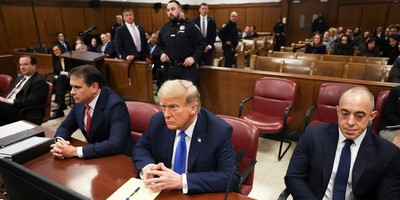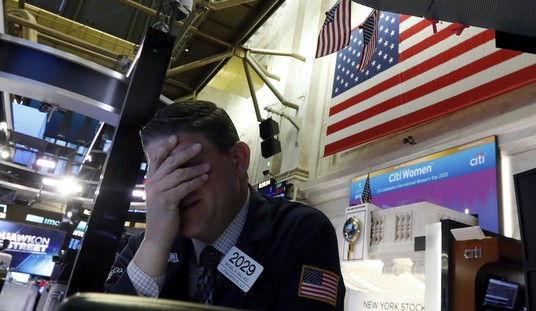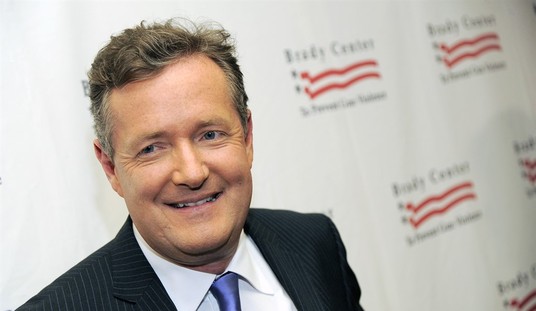Echoes of the famous cry, "Don't trust anyone over 30," rebuke the boomers who took it as words to live by. Not only are many of them closing in on 60, they may soon be asked to put their trust in a president over 70.
When John McCain's tongue slipped the other day to say that Iranians are training al-Qaida insurgents when he meant they were training "extremists," few doubted his mastery of the details of terrorism, but his critics suggested the slip was a sign of aging. The video clip played continuously for days, watched by many who hadn't caught the mistake in the first place. How would his age play against an "inexperienced" Barack Obama or an "experienced" Hillary Clinton? Others asked whether remembering things that never happened was better than forgetting a detail of something that did.
John McCain's biography -- written in the fire of war when the boomers were playing with matches in the safety of an indulgent culture -- is grounded in the virtues of an earlier era when patriotism was not an empty word. He was a child during World War II, when good and evil were everywhere understood; he grew up during the Cold War when it was clear that those who did not share the values of the West could kill us all. His courage and character were formed in a family of military men, and when he graduated from the Naval Academy he went to war without flinching.
Biography, like culture, is not destiny, but it makes a difference. Can we believe the insistence of Barack Obama and Hillary Clinton that pulling pell-mell out of Iraq reflects a deep understanding of the chaos and consequences of what they would leave behind? John McCain separated himself from the Democratic candidates in a speech last week emphasizing the importance of paying the wages of war today to avoid paying higher wages tomorrow. "Any president who does not regard this threat as transcending all others does not deserve to sit in the White House," he said, "for he or she does not take seriously enough the first and most basic duty a president has -- to protect the lives of the American people."
Recommended
One of his strengths is his reputation as a straight shooter; for most of his critics, that reputation trumps another reputation as an unpredictable maverick. Like all pols, he occasionally plays politics; and like all successful pols, he occasionally plays politics well. His scrappiness seems to emanate from authenticity. Having matured in a wizened way, he occasionally seems an exile from a time before euphemism became the politically correct substitute for plain speech. He has a bit of Harry Truman's bluntness at a time when liberals are changing their label to "progressives" and reevaluating their naivete.
Playwright David Mamet writes in a telling essay entitled "Why I am No Longer a Brain-Dead Liberal" (published in the Village Voice, of all places): "As a child of the '60s, I accepted as an article of faith that government is corrupt, that business is exploitative, and that people are generally good at heart."
He finally realized the disconnect between what he said and what the characters he created were saying. He began to question his distrust of the "Bad, Bad Military," focusing instead on how men and women in uniform risk their lives to protect the rest of us in a hostile world. He began to see his hatred for "the Corporations" as resentment of his need for the goods and services the corporations provide. He read books by Thomas Sowell, Milton Friedman, Paul Johnson and Shelby Steele. (He should send his reading list to Obama and Hillary.)
In his new book, "The Sixties Unplugged: A Kaleidoscopic History of a Disorderly Decade," Gerard DeGroot recalls that not all young people were marching against the Vietnam War when John McCain was hanging on a wall at the Hanoi Hilton. Many of them were beginning to re-examine the assumptions of the youth culture. "The most successful political revolution of the 1960s was not conducted by students, nor was it left wing," he writes. "It was instead a populist revolution from the right, which had Ronald Reagan as its standard bearer.'
John McCain does not pretend to be Ronald Reagan, but he describes himself as a foot soldier in the Reagan revolution. If he can link his long memory to a good memory, those boomers might take up another cry from that era now fading into history: "The times they are a-changin'."

























Join the conversation as a VIP Member